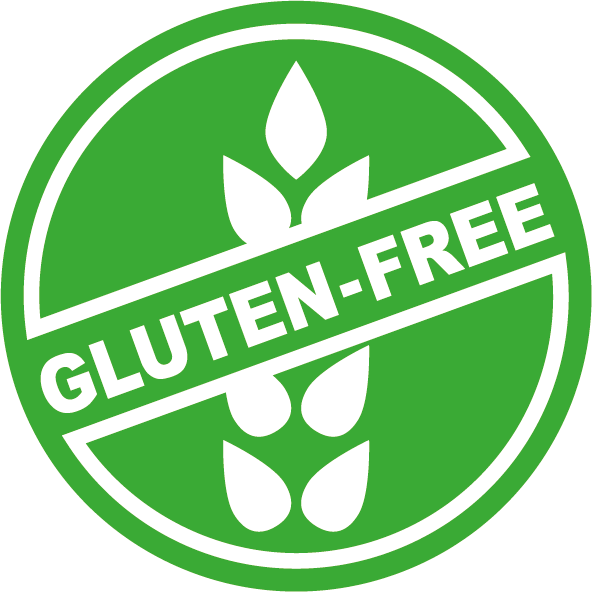The prevalence rates has increased in last few decades for all metabolic, chronic disease and autoimmune diseases such as type 2 diabetes, hypertension, cardiovascular disease, mental disorder, cancer, Inflammatory bowel disease (IBD) and so on. It’s not only environmental toxins or sedentary lifestyle but food also plays major role.
Good nutrition is essential for keeping current and future generations healthy across the lifespan. Today, we are consuming unhealthy food and beverages, such as sugar-sweetened beverages, highly processed food which tends to be low in vitamins, minerals and antioxidants, can lead to weight gain, obesity, autoimmune disease, heart disease and stroke, inflammation and other chronic conditions that put people at higher risk of at least 13 types of cancer, including endometrial (uterine) cancer, breast cancer in postmenopausal women, and colorectal cancer.
What most common mistakes to make food unhealthy?
The methods of preparation and different types of ingredients in the foods makes it unhealthy. A high content of refined flours, sugars, processed foods makes foods toxic and leads to food sensitivity. We knowingly and unknowingly moving towards chronic diseases.
Our organic kitchen
An Organic Kitchen isn't just a physical space, it's a philosophy that reverberates through every ingredient, every meal, and every moment spent nurturing ourselves and the planet.
Our kitchen is 100% organic, a haven where only the freshest local produce finds its way to your plate. We are delighted to share that every food items you find here have undergone rigorous testing to ensure it is free from pesticides and harmful chemicals.
WHAT IS THERAPEUTIC FOOD?
Therapeutic food refers to specially formulated nutritional foods designed to treat or prevent diseases. These products are often used in situations where traditional foods or diets are insufficient to meet the nutritional needs of the individual. Therapeutic foods are typically rich in essential nutrients, including proteins, vitamins, and minerals, and they are carefully designed to address specific nutritional deficiencies.
What we offer?
100% Naturally organic foods and recipes.
Anti-inflammatory Diets.
Sprouted and micro-greens with leafy vegetables rich in vitamins and minerals.
Balanced selection of food for good health.
Personalised therapeutic diets for autoimmune disease, thyroid, heart health etc…


